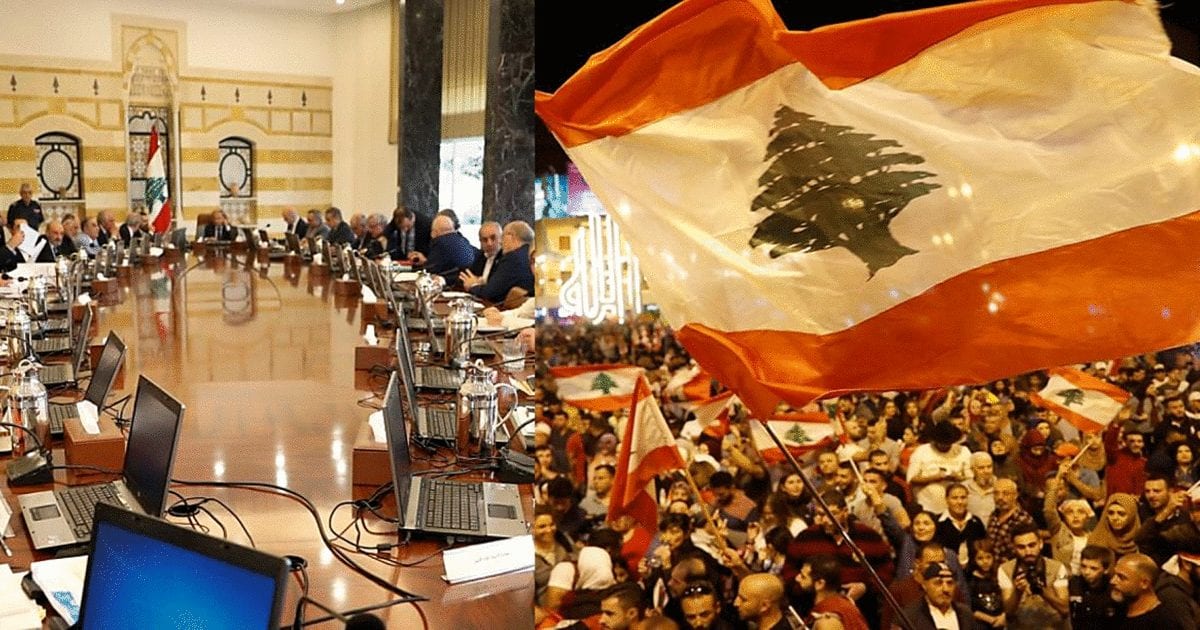Arab and International leaders have put all force in pressuring the Lebanese leaders to form a government as soon as possible, a government that stands responsible in front of the people and that the people are satisfied with.
After Russia reaffirmed commitment to Lebanon’s stability in November, by sending its Deputy Foreign Minister for Middle Eastern Affairs Mikhail Bogdanov to discuss the situation in Lebanon, and after many interferences by the U.S. Secretary of State Mike Pompeo, and after French President Macron and the ISG, other countries are joining the party.
French Foreign Minister Jean-Yves Le Drian on Sunday, December 15, urged Lebanese leaders to push to resolve the country’s political stalemate, insisting on Lebanese officials to “keep moving.”
From his side, Egyptian President Abdul Fattah al-Sisi said the situation can turn into a “big problem” in Lebanon if things aggravate further, al-Joumhouria daily reported on Monday.
“The happenings in Lebanon are merely repercussions as a result of a position taken,” he said during a speech at the World Youth Forum on ways to enhance cooperation between Mediterranean countries in facing common challenges.
He added saying that if things aggravate further in Lebanon, it will not be confined to Syria and there will be a big problem in Lebanon. In other means, if Lebanon went down, there will not be Syria to aid it.
The UN Special Coordinator for Lebanon Jan Kubis has also insisted on Lebanese officials to take responsibility for what is going on, urging Lebanese authorities to “act responsibly.”
Tomorrow is the moment of truth. Either politicians will show at this critical moment of deep complex crisis they understand the needs of #Lebanon &its people & help steer a peaceful way forward, or that they remain captive of their traditional habits&attitudes. Act responsibly.
— Jan Kubis (@UNJanKubis) December 15, 2019
In a tweet referring to the binding parliamentary consultations that were supposed to be due on Monday, Dec. 16 to name a new prime minister, he said; “Tomorrow is the moment of truth.”
“Either politician will show at this critical moment of deep complex crisis they understand the needs of Lebanon and its people and help steer a peaceful way forward, or that they remain captive of their traditional habits and attitudes.”
Yet, “tomorrow” didn’t materialize as expected with the postponement of the parliamentary consultations, and “the truth” hasn’t been clearer: The revolution is not the problem of the country sinking. The political officials are with their internal conflicts that seem to top their priorities above the country.
Kubis also addressed the rising tension between revolutionaries and Lebanese security forces, tweeting; “The violence and clashes over the weekend once again showed that postponements of a political solution of the current crisis create a fertile ground for provocations and political manipulation.”
1/2 The violence and clashes over the weekend once again showed that postponements of a political solution of the current crisis create a fertile ground for provocations and political manipulation. Identification of instigators of violence ….
— Jan Kubis (@UNJanKubis) December 16, 2019
“Investigation of the incidents as well as of the use of excessive force by the security forces is necessary, also to prevent sliding down towards more aggressive and confrontational behavior of all,” he said.
Two months of revolution and 48 days since the head of the government resigned, and the officials remain in their conflicts. Parliamentary consultations are now postponed, again and again, upon rejection of the politico-technocratic government. That was followed immediately by the President and caretaker Prime Minister having a battle of statements.




















